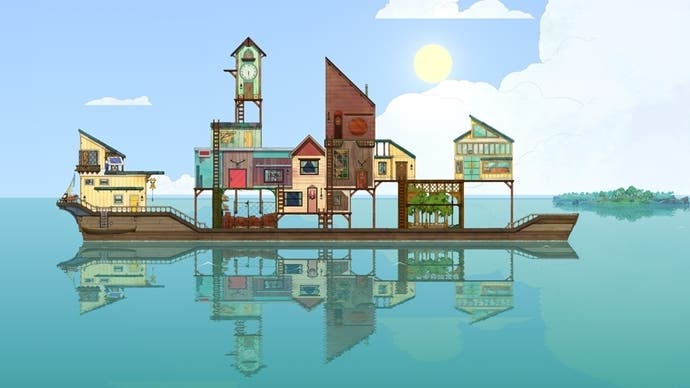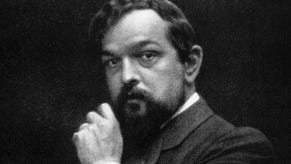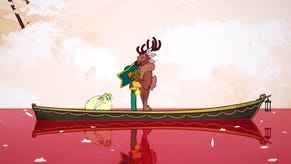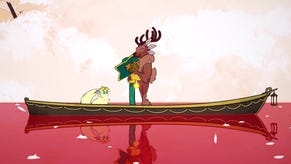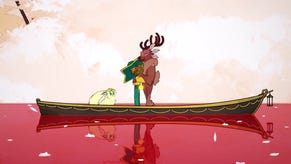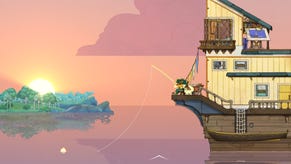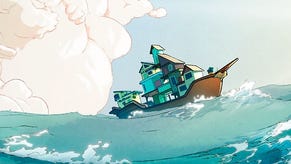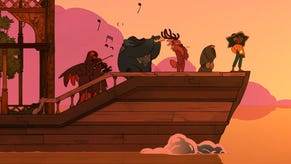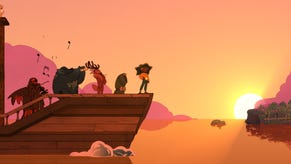On love, death, sustaining an indie studio and following Keanu Reeves onstage
The epic, beautiful games of Thunder Lotus.
"It's something epic, but something beautiful," says William Dubé when asked to explain the etymology of his studio's name, Thunder Lotus. "To me that combination of a thunderstorm that's big powerful and scary, and then the lotus flower which is something very delicate, and really beautiful. And it sounds really cool too! One of [our aims] is to make beautifully powerful games. I think that really reflects the name of the studio."
Thunder Lotus might not be a name you're super familiar with just yet, but they're an emerging talent - first with 2015's Jotun, then with the lavish Metroidvania Sundered and now with Spiritfarer, an ambitious, curious little adventure that caused ripples when it broke cover at Microsoft's E3 conference back in June.
"It's something we'd been driving towards since the beginning of the studio, and to have that opportunity was really special. We were onstage after Keanu Reeves! It was Cyberpunk, Keanu Reeves and then Spiritfarer - and now I've got an awesome story for my friends, if they don't understand gaming. It's the Super Bowl of gaming! We're onstage after Keanu Reeves! They're like oh my god, then they understand the reach and magnitude of it all."
Spiritfairer's a fascinating prospect, as Emma discovered back at Gamescom last month. How exactly to describe it? "It's a cosy management game about dying," Dube says as he regales us with the elevator pitch. "But just getting to that sentence was a huge challenge. It's really hard - and it's one of my biggest challenges, and biggest fears is how we're going to talk about it and establish the marketing for the game. There's the narrative side, the management side, the platforming side - it's like a farm sim on a boat with platforming but no action, no fighting or physical conflict. How do we break this down into a 30 second trailer that makes sense?
"You build a boat, travel the world and pick up spirits - you're acting as the spirit master, picking up these characters, these people who are in this purgatory/limbo thing. They're not quite ready to move on, but you have to accomplish their dying wishes - and once you finish them, they're ready to pass on to the next step. It's meant to be very sincere - it's a sensitive subject, and one that's relatively taboo in the west. For us it's something that... I don't know, maybe I'm obsessed with death as all of our games touch on it in one way or another."
There's other lines you can draw between Thunder Lotus' games, to the point where there's now an identifiable aesthetic that's already emerging from this small Montreal studio, and that helps you instantly identify something as a Thunder Lotus game. Montreal's a curious place for a small team, too, an indie in the world's capital of triple-A - though it's something that clearly works.
"It's great! The advantages we have in Quebec are enormous in terms of tax credits, the Canada media fund at the federal level. There's a tonne of indie game developers in Montreal, a tonne of developers - I think there's 10,000 full-time games jobs in the city. There's a guild of independent developers - last time I checked there was 200 different studios, from service providers to development studios to anything else. The fact these big studios first came in, it created the ecosystem, and allowed a lot of people to move to Montreal. I think it's probably the best place in the world to make games, because of all those advantages - and it's a cheap city to live in."
It helps having all that talent on tap - Spiritfarer's creative director, Nicolas Guerin, is a veteran of EA and Ubisoft Montreal - and Dubé's own tale is familiar stuff, having left an established team to strike out on his own with Jotun. "When I quit I figured in two or three months we'll have the campaign ready, we'll have the game ready - and at that point I didn't even really have an idea for the game. I was fairly optimistic with my timings! It's still something I'm getting better at today.
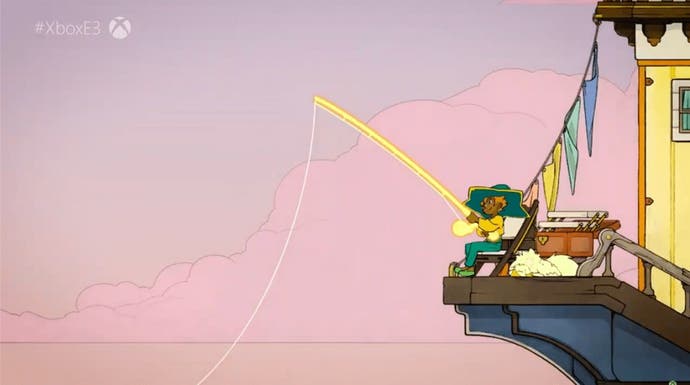
"When we launched Jotun's campaign I called every single person I knew and told them how they could help. And within the first 24 hours we got 15k - and I think half of that was from friends and family. It was a huge factor - well, it was the main factor, that support from friends and family. That's the reason why the campaign worked. I'm super lucky to have all these people around me.
"There was a lot of legwork! There were hundreds of phone calls, making sure people understood what Kickstarter is! My aunt who doesn't even know what a video game is wasn't going to figure it out for herself. We were looking for 50k, and ended up getting 64k. I'd been stashing away money to be able to quit my job for a while, so I had enough of a runway to keep me going for a year or so. For me, I knew the amount of cash that would be significant enough to be impactful, but it needed to prove that there was interest in the game, and that I could leverage into other funding."
For Spiritfarer, a lot of help has come from Kowloon Nights, an investment fund that's helping with Fumito Ueda's next project, as well as helping bring to life such fascinating prospects as Elk and Consume Me. "We were looking at all our different options for Spiritfarer," says Dubé. "The recommendation we had was super positive and super powerful, and we knew it was a really interesting opportunity. The terms are great, the ease of working with them is great - it made our life very easy to be able to work with them.
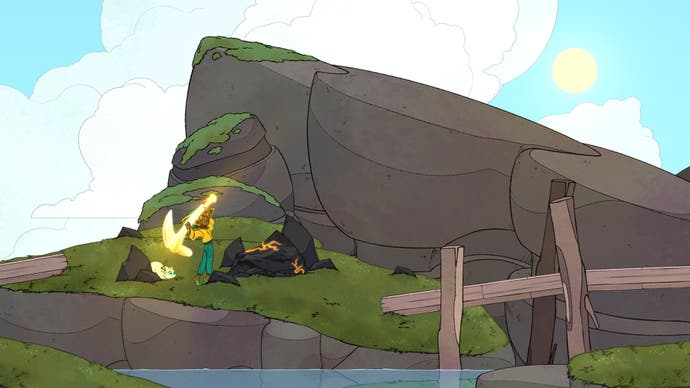
"They're funding Spiritfarer, and we're still able to self publish which is important to us. We self published our two earlier games and it's really important - our goal is to create a sustainable studio. A lot of people don't understand the difference between making games and making a studio. I want to make a stable studio, a lot of different games that are really cool, are consistent - the main focus of me, as a CEO, is making a sustainable studio, and publishing is part of that."
Independence is something dear to Thunder Lotus, and Kowloon Nights is helping them maintain that. It's also helping Thunder Lotus maintain good working practices as it eliminates crunch - "with Jotun we did two months of crunch," says Dubé, "with Sundered it was two weeks and with Spirit Farer it's been something like two days, and the objective is to get down to zero, so we're not burning out" - and ultimately so it can help establish itself.
"Right now our goal is to make as high a quality game as we can, and be consistent over the long term with our games," says Dubé. "Klei, Capy, Supergiant - these are all studios I hold in high regard. Even if you look at Supergiant versus Klei, they have a very different approach with team size and things like that. I don't see us growing to hundreds and hundreds of people - the objective is to be sustainable, to make really important games for us, games that are meaningful. It's about bringing a small amount of happiness to as many people as we can."
